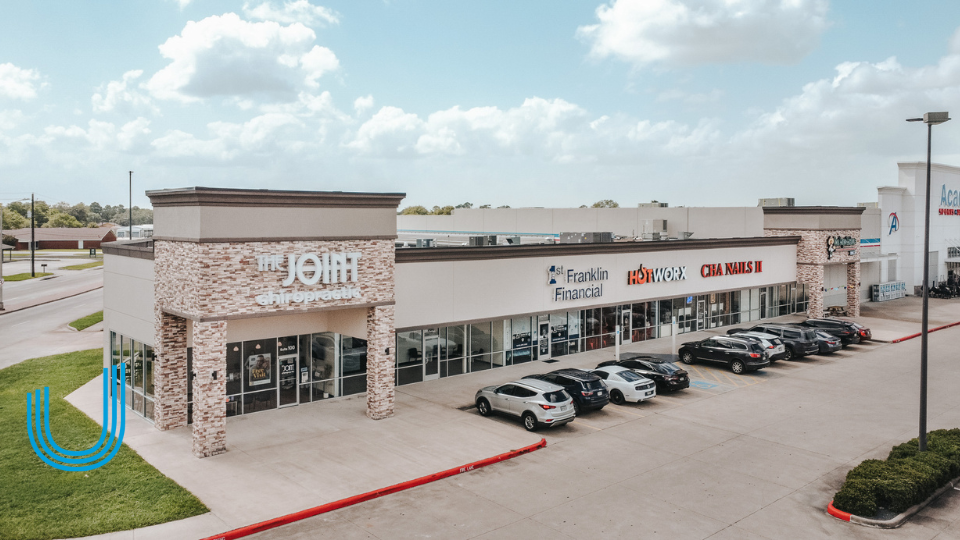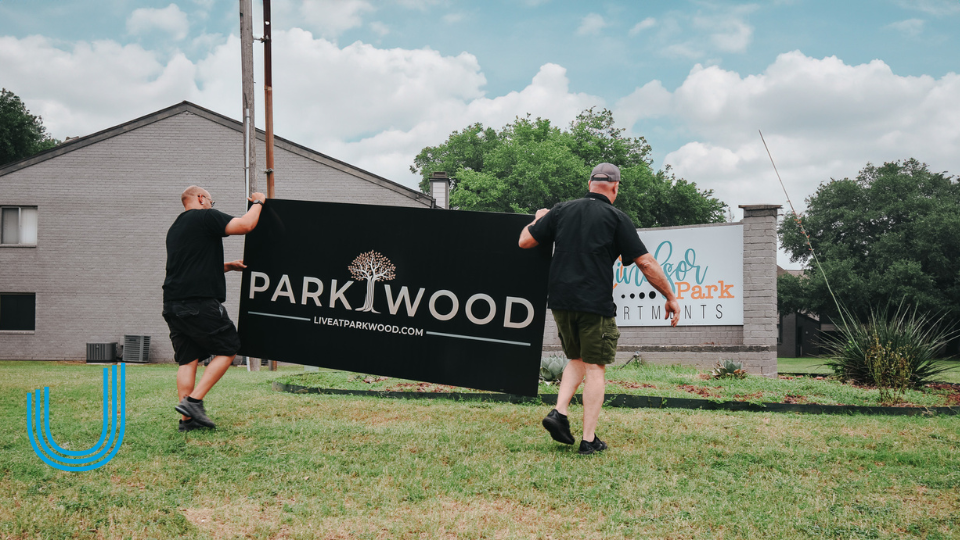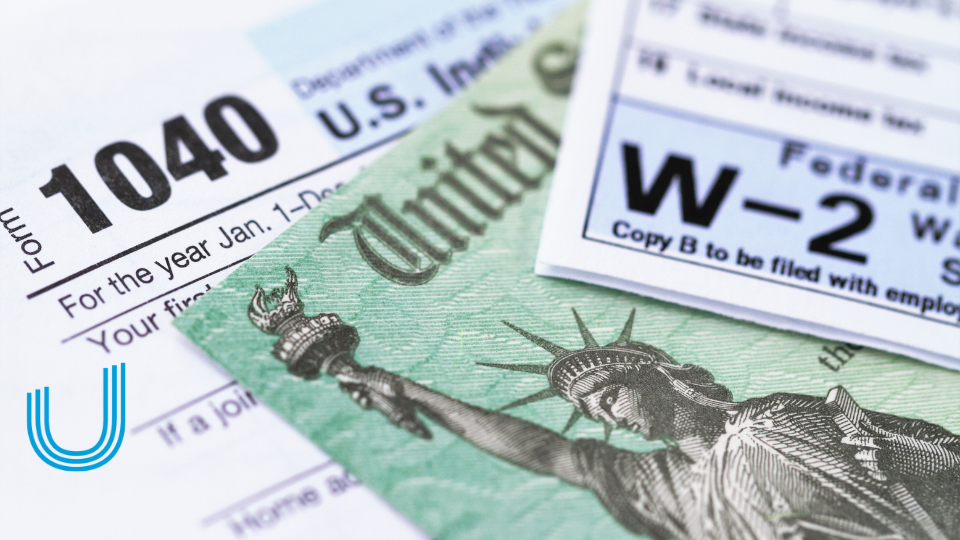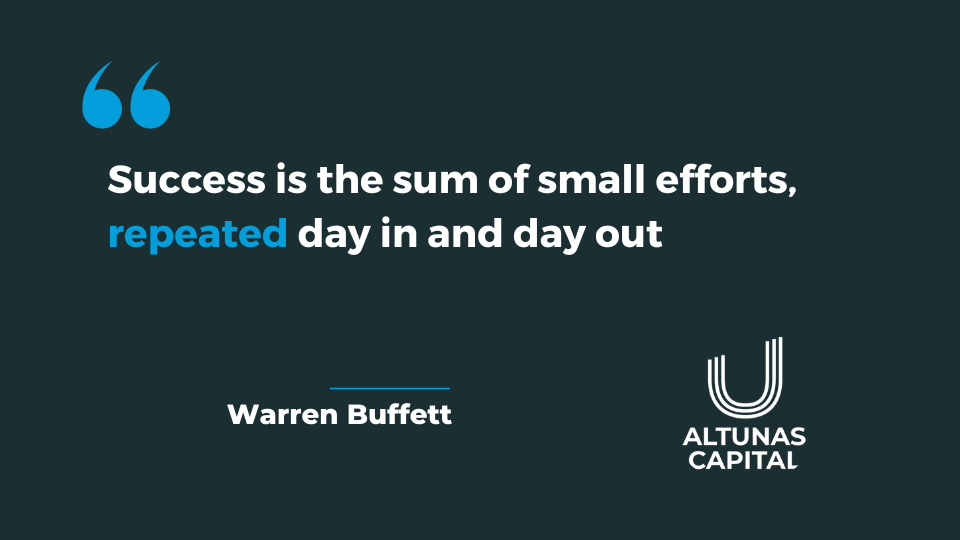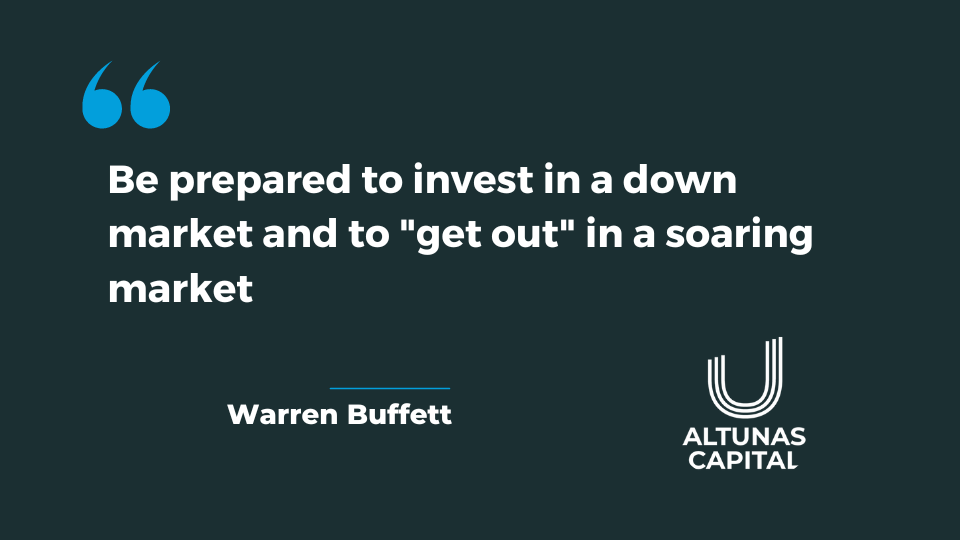A Triple Net Lease (NNN) is a popular type of commercial lease where the tenant is responsible for paying property taxes, insurance, and maintenance, in addition to rent. For investors, NNN leases offer a predictable income stream and reduced management responsibilities. Here’s what you need to know.
What is a Triple Net Lease?
Under a Triple Net Lease, the tenant takes on the responsibility for most of the property’s operating expenses, which includes property taxes, insurance, and maintenance costs. This is in contrast to a gross lease, where the landlord covers these expenses. NNN leases are common in retail, industrial, and office properties.
Benefits for Investors
The primary benefit of a Triple Net Lease for investors is the predictable income stream. Since the tenant covers most of the operating expenses, the landlord receives a steady net rent payment. This lease type is especially attractive for investors looking for low-maintenance, passive income opportunities. Additionally, long-term NNN leases (typically 10-25 years) provide stability and reduce the risk of frequent tenant turnover.
Potential Risks
While NNN leases offer many benefits, there are also potential risks. For example, the property may become vacant if the tenant fails to renew the lease, leading to a period of no income. Additionally, if the tenant is responsible for maintenance, there’s a risk they may not maintain the property to the owner’s standards, potentially affecting its value.
Typical Tenants in NNN Leases
NNN leases are often signed by creditworthy tenants such as national retail chains, pharmacies, fast-food restaurants, and banks. These tenants provide stability and reduce the risk of vacancy or lease default.
Conclusion
Triple Net Leases offer a range of benefits for real estate investors, including predictable income and reduced management responsibilities. However, they also come with risks that need to be carefully managed. As with any investment, thorough due diligence is key to ensuring the lease aligns with your financial goals.
